The Era Of Virtual Kitchens: Is The Ghost Kitchen Model Suitable For Your Food Delivery App?
Author Delivery App Development, Food Delivery App Development, Technology, UberEats Clone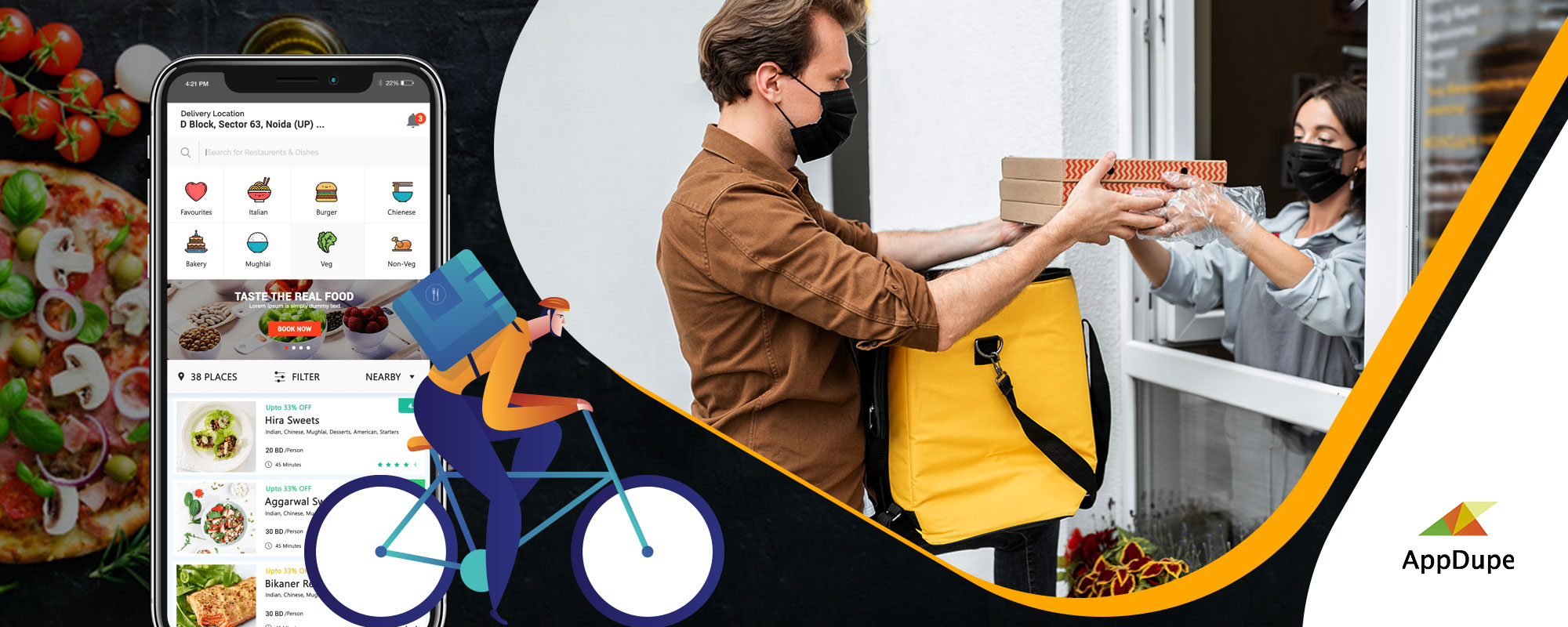
Technological advancements are making it easier for people worldwide to avail of services. Traditional businesses are gradually losing their mettle and are transforming into the online medium. The rise of on-demand businesses began with Uber and rapidly spread to the distinctive corners of the world. Restaurants, too, did not hesitate to adapt to the trend. While large-scale eateries like Domino’s Pizza or McDonald’s began rolling out their own delivery app, medium & low-scale restaurants collaborated with third-party delivery platforms like UberEats, DoorDash, etc.
There’s no hiding in the fact the pandemic has been hard on restaurants. With foot traffic drying up, the dependency on delivery platforms has elevated tremendously. Eateries that once hesitated to join hands with third-party platforms due to enhanced commission scale have no option but to agree. A decline in sales doesn’t help restaurants manage expenditure. In view of managing expenses and boosting sales, restaurants are experimenting with the possibility of virtual kitchens or cloud kitchens.
So, what exactly are virtual kitchens? How do they benefit restaurants? Can a food delivery app based on the cloud kitchen model, also known as the Fully-integrated model, do wonders? Explore more if you’re an entrepreneur and want to launch an app like UberEats.
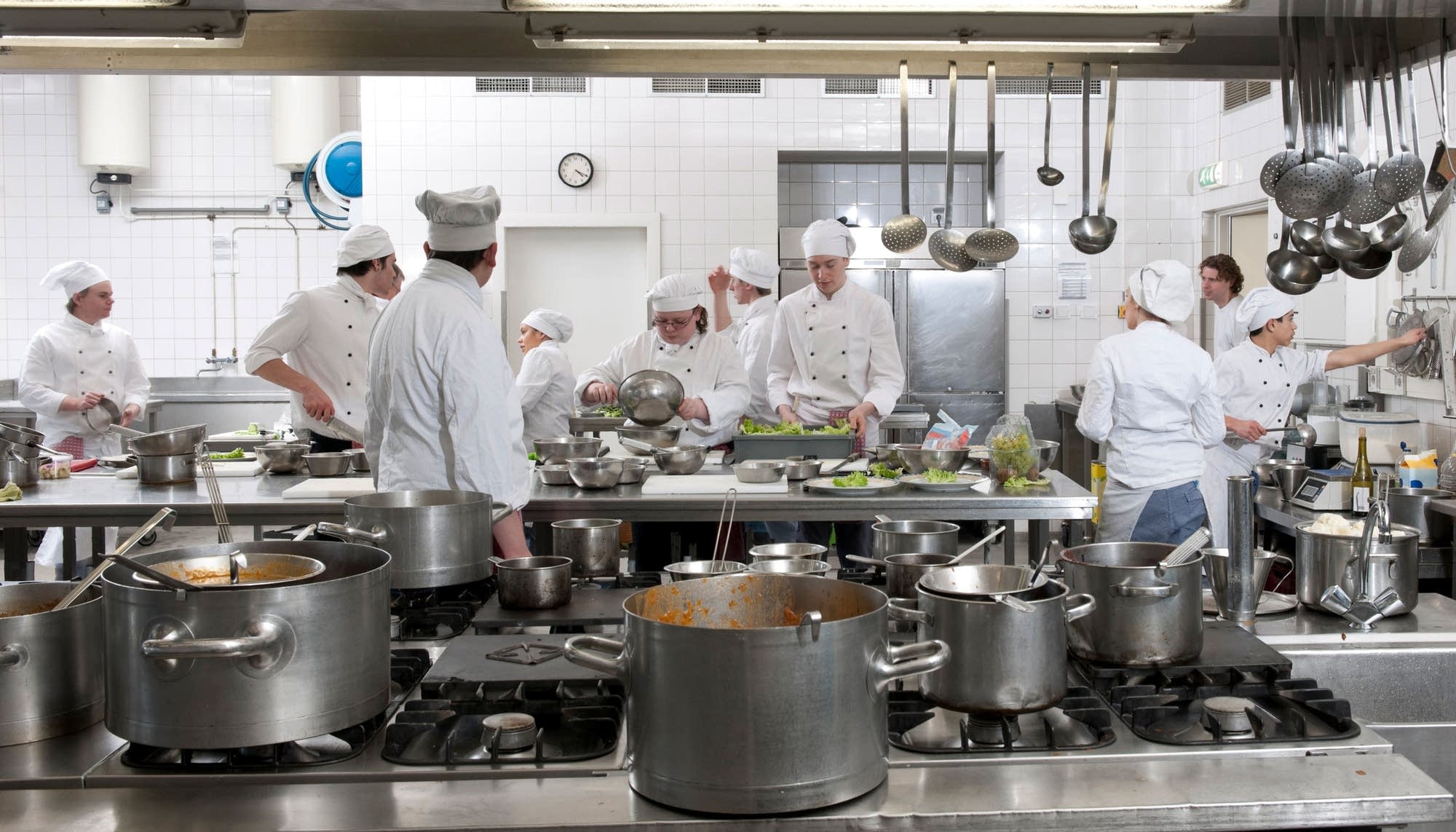
Virtual Kitchens/Cloud Kitchens – A Glance
As the name goes, these kitchens are entirely virtual, catering exclusively to online delivery needs. There are no options for dine-ins, and, in many cases, these kitchens usually collaborate and handle orders from a single food delivery platform.
The kitchen typically includes a food preparation facility and an inventory for raw materials. By taking their services online, kitchens needn’t worry about dine-in space or foot traffic. They can prepare orders based on the demand, reducing necessary expenses like rent for dine-in facilities and operating costs in terms of staff salary, etc.
Virtual kitchens are popularly known by a number of names, including cloud kitchens, ghost kitchens, dark kitchens, etc.
The Need For Virtual Kitchens – A Paradigm Shift
Cloud kitchens come with exclusive benefits over traditional restaurants. Here are the enticing perks of virtual kitchens.
- Reduced Rents: In today’s world, restaurants need to create an ambient experience for diners to enjoy their meal. A convenient spacing, coupled with the popularity of a particular location, inevitably adds to the restaurant rent at the end of the day. With dine-ins declining, restaurants find it increasingly difficult to manage expenses. A cloud kitchen requires relatively lesser space as the need for dine-ins gets eliminated, paving the way for reduced costs.
- Reduction in Operational Costs: By introducing dine-ins, one needs to employ executives & staff to serve customers. Salary of these executives & staff invariably adds to the operational costs. With reduced sales, managing such a vast chain becomes challenging. A cloud kitchen requires the role of chefs alone. This way, the need to maintain and provide salaries to restaurant executives gets eliminated in this regard.
- Enhanced flexibility & Better Efficiency: Cloud kitchens come with better flexibility than traditional restaurants. These kitchens can provide services whenever any demand arises, operating even after standard working hours. Besides, dedicating their UberEats Clone services to delivery alone leads to better efficiency in the long run.
Amid these challenging times, restaurants need to find a way to sustain and manage expenses. It appears that transforming into ghost kitchens can help them do so comprehensively.
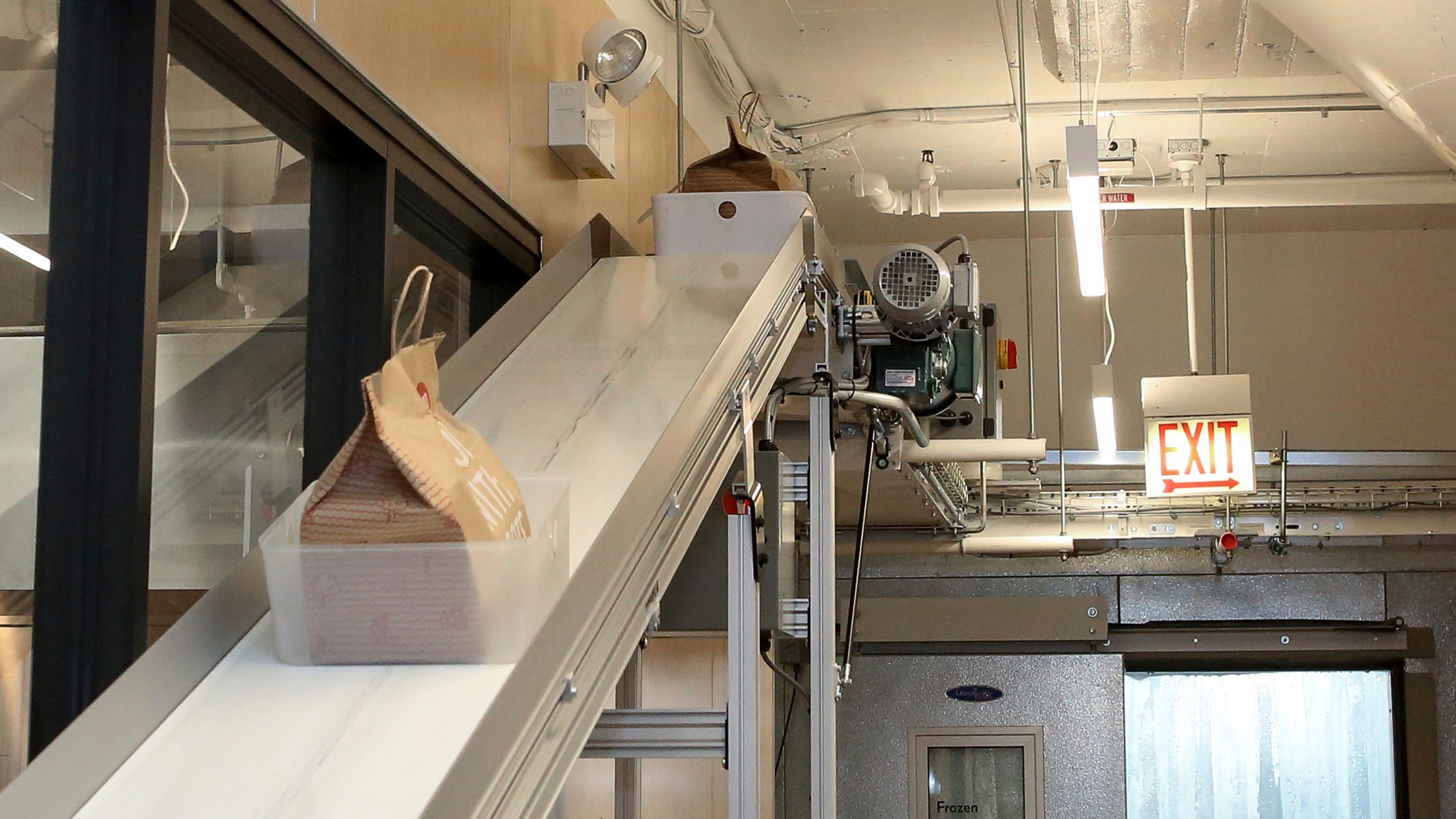
Popular Virtual Kitchens – Pioneers
Although a relatively new concept, cloud kitchens have already sprouted in various regions worldwide. Here are some famous names that have made a mark for themselves in the sector.
- CloudKitchens: Founded by Uber’s co-founder Travis Kalanick, CloudKitchens has aggressive growth plans, acquiring properties worth $130 million across different regions. CloudKitchens aims at expanding massively off late, and the pandemic situation has opened a vast scope for improvement.
- Sweetheart Kitchen: Operating predominantly in the Middle East, Sweetheart Kitchen has branches spread across some important territories like Dubai, Kuwait, Al Barsha, etc. The platform has acquired spaces for lease in Saudi Arabia and plans to expand its business to 100 kitchens by the end of 2021.
- Kitchen United: This Pasadena-based startup has already caught the eye of some big names when it comes to investments. Recently, Google Ventures invested $10 million in funding for the company. After being established across 8 cities in the US, the platform aims to expand to around 21 cities in 2021.
Developing a Food delivery app – Challenges ahead
Now that you have identified the role of cloud kitchens, it is time to initiate your food delivery app development. Eliminating restaurants from the ecosystem is no easy feat, and you need to set up an efficient virtual kitchen setup to take care of business proceedings. Here are some crucial aspects that you should ensure before introducing or developing a food delivery app.
- Leverage AI to identify bestselling cuisines: With technology by your side, you can analyze your market conditions comprehensively. Machine Learning (ML) & Artificial Intelligence (AI) can open doors for you to identify what will work if you have the necessary data. This way, by identifying bestselling cuisines, you can steer your food delivery app towards success in no time.
- Ensure transparency throughout the system: Customers hesitate to opt for cloud kitchens due to the lack of transparency. Hence, your primary role as an UberEats Clone platform owner is to ensure that the food is prepared from safe & secure facilities. By doing so, you gain the consumers’ trust and experience a steep surge in sales.
Appdupe can help you out comprehensively
At Appdupe, we help entrepreneurs extensively with our end-to-end solutions. Our UberEats clone app can be infused with the ghost kitchen model effortlessly, paving the way for maximum returns in no time. All you need to do is reach out to us, tell us your needs, and scale your food delivery business substantially.
Emerge as a disruptive force in the food delivery sector.

Marketing is my soul mate and writing is my side kick. Using my writing skills to share the knowledge of app development and upcoming technologies.
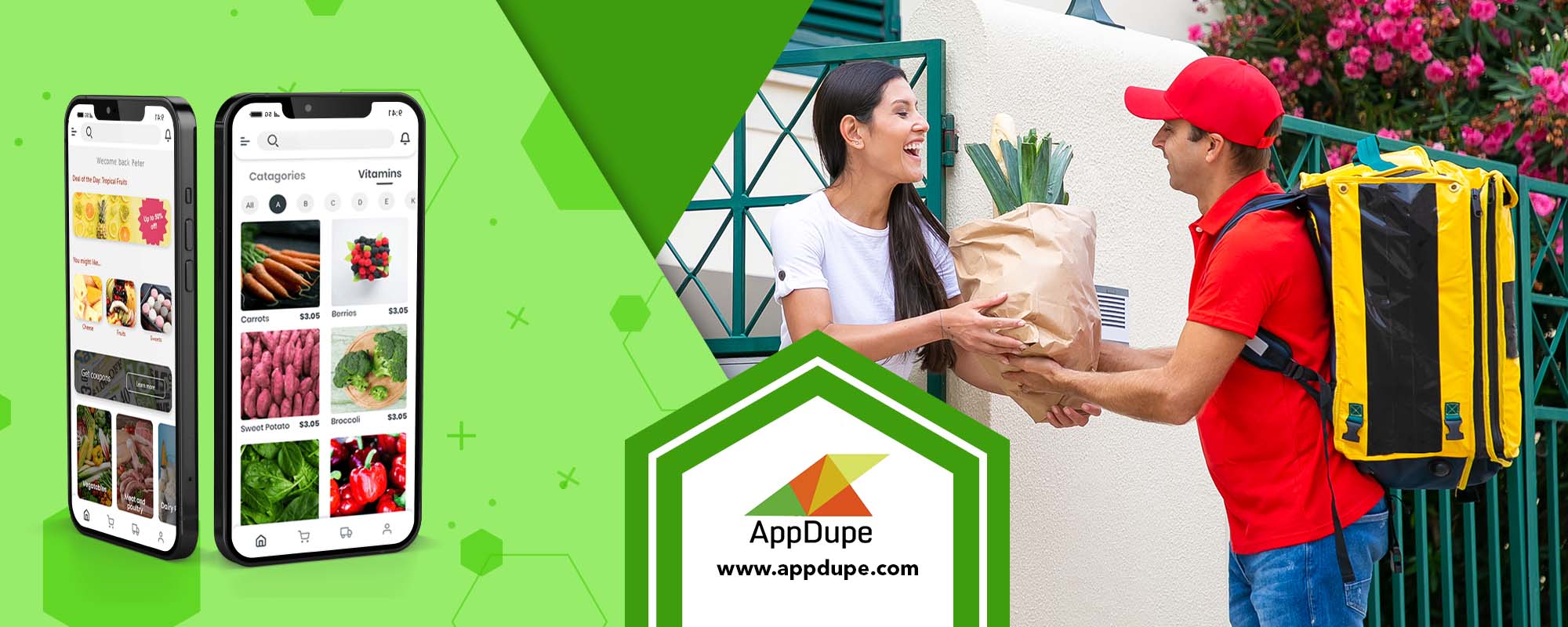
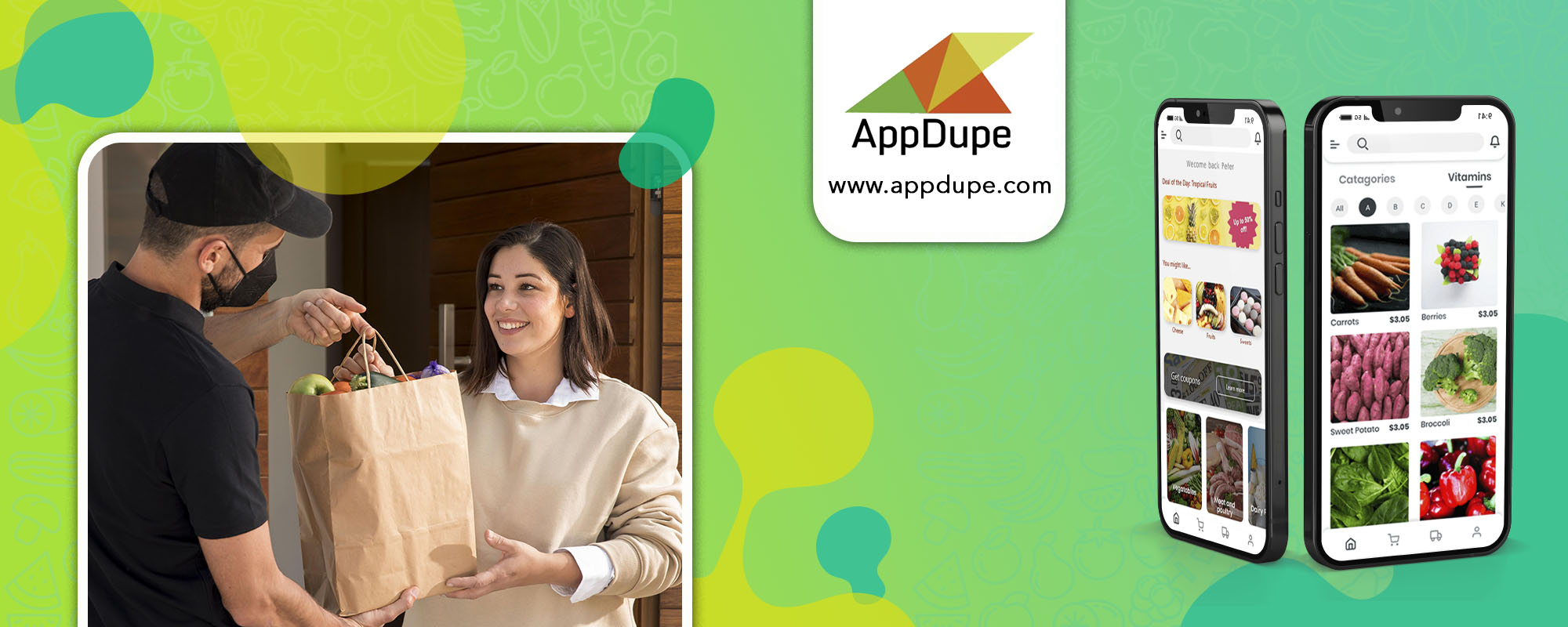
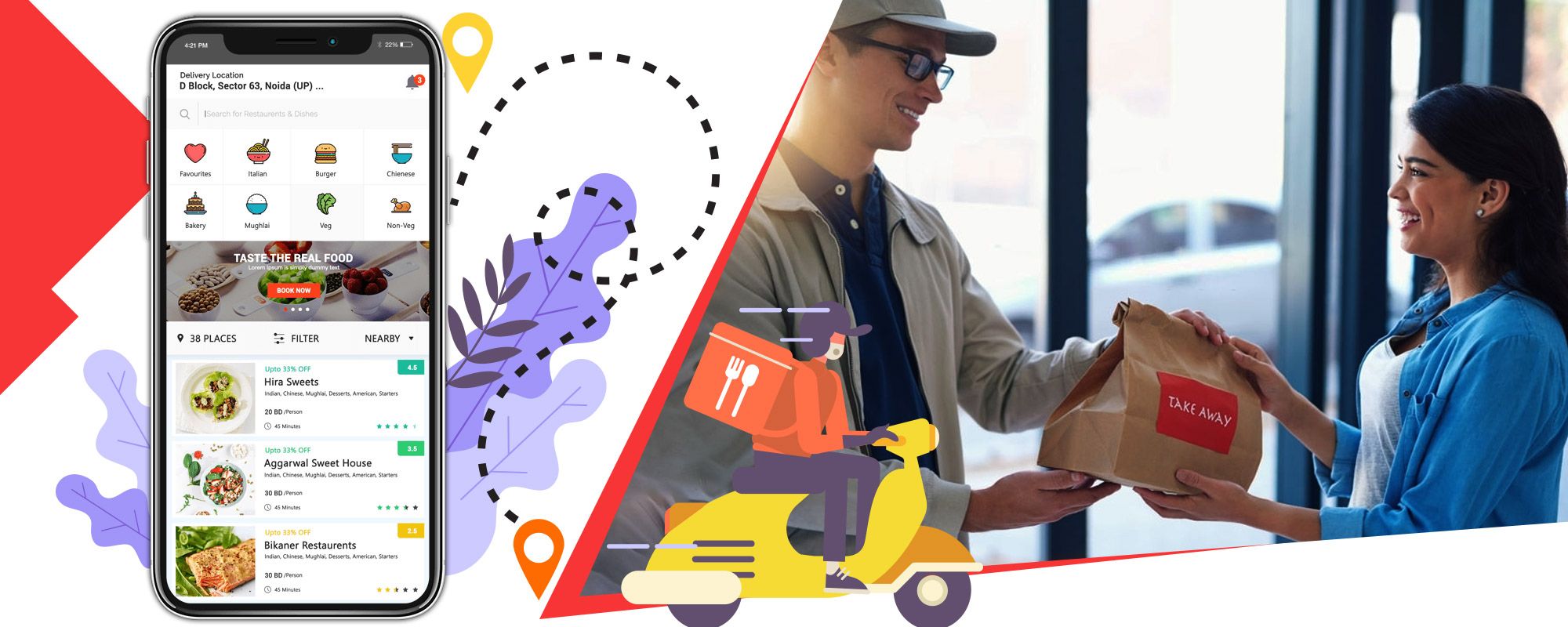






71089 674317I just added this weblog to my rss reader, excellent stuff. I like your writing style. 541595
361103 139414Oh my goodness! a great post dude. Thanks Nevertheless My business is experiencing issue with ur rss . Do not know why Struggling to join it. Is there anybody getting identical rss concern? Anyone who knows kindly respond. Thnkx 25619
168684 692355oh well, Alicia silverstone is matured nowadays but when she was still younger, she could be the sex symbol of hollywood` 602365
193400 277391 warning Dont any of you folks ever take me to CiCis pizza! There food looks offensive!|Urban_Elegance| 656645
883860 414962I believe this really is among the most vital information for me. And im glad reading your write-up. But wanna remark on couple of general issues, The web site style is perfect, the articles is actually wonderful : D. Great job, cheers 793368
99323 96824Hello, Neat post. There is an issue along along with your site in internet explorer, may well test thisK IE nonetheless will be the marketplace chief and a big section of individuals will pass more than your outstanding writing due to this difficulty. 637717